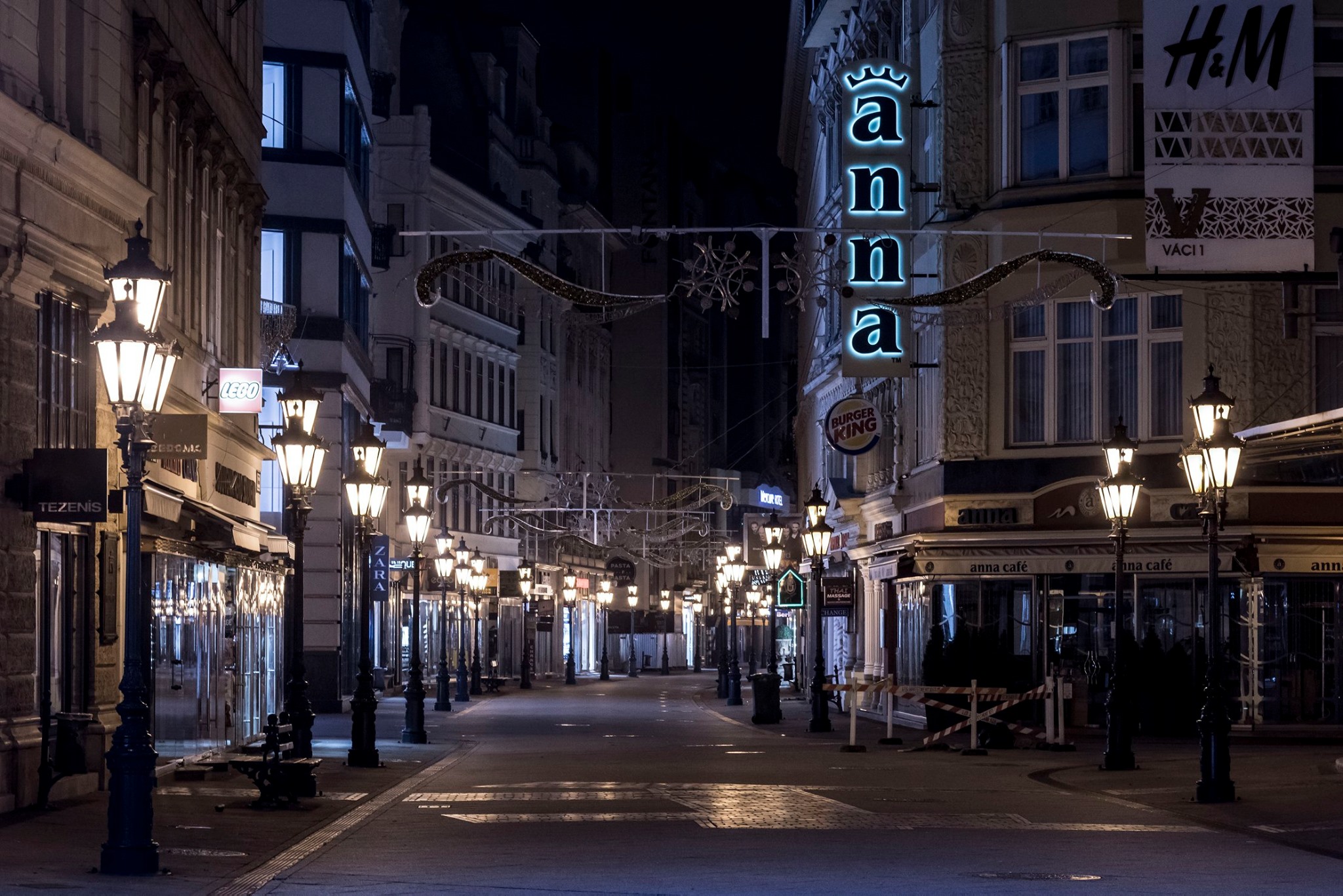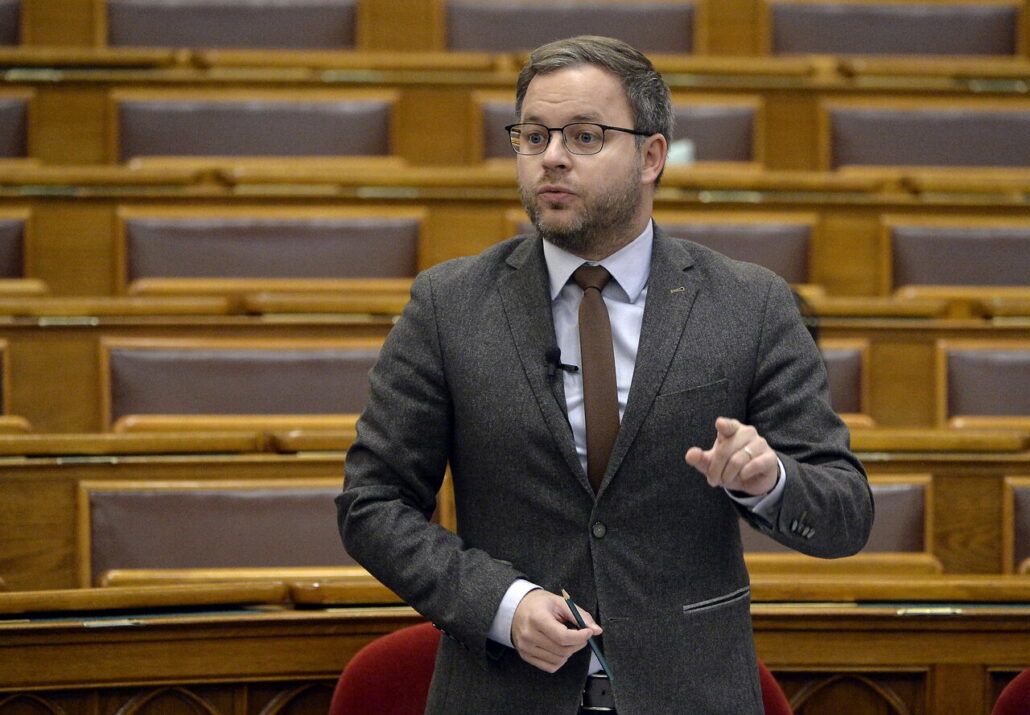The Brussels representative office of the Foundation for a Civic Hungary has organised a conference dubbed Freedom at which conservative and Christian Democrat members of the European Parliament exchanged their opinion in Brussels on Tuesday.
Tamás Deutsch, the head of ruling Fidesz’s EP delegation, said that Hungarians regard freedom as the most important value. “We will protect this freedom the same way we protected it over the past one thousand years,” Deutsch said.
Over history, “others always wanted to tell us and force upon us how we should live, what religion we should follow, what form of state we should have, what language we should learn as a mandatory second language and what sort of relations we should maintain with other nations,” he added.
“Even in the 21st century, there are some who think that they can take our freedom away. There are still some who believe that only what they think is right,”
Deutsch said.
“The battlefield for fighting for freedom has changed and the tools they use for exerting pressure are different,” he said. “The tools they use include introducing rule of law conditions, organising hearings in Brussels, open society, introducing financial and legal sanctions, same-sex marriage, NGO campaigns and indoctrination in almost every area,” he added.
Fidesz MEP Balázs Hidvéghi said that “30 years after the collapse of communist dictatorship, they are increasingly curtailing our freedoms in the EU”. The aim of the EU is not clear but there are sovereign nation states in Europe that should be working together, he said. “The arrogance of EU institutions, especially of the European Commission and the EP, gradually undermines mutual trust, making cooperation impossible,” he said. Hidveghi said the majority still believe in the importance of traditions but the left wing has deserted them because of rejecting radical ideas.
Kinga Gál, an MEP of ruling Fidesz, said
Kinga Gál, an MEP of ruling Fidesz, said
central Europe was a region that had suffered the greatest losses in the 20th century with its nations incited against one another.
“But now, in the 21st century we must focus on what binds us together,” she said. Central Europeans love freedom and they insist on their traditional culture and values, all of which they had fought for in communist times, Gal said.
“We want to preserve Europe and keep it the way we’ve inherited it,” she said, calling family support policies, strong economic cooperation and interest coordination “stable pillars” of close cooperation among the four Visegrád Group countries.
She called indigenous national minorities
She called indigenous national minorities
“bridges to one another”,
adding that “central Europe as a region must represent their interests as a bloc in discussions about Europe’s future.
Fidesz MEP Enikő Győri said at the conference that freedom is highly important for central Europeans “as something that can never be taken for granted, something that you always have to fight for”. “That’s what Hungarians did in 1956 when they rose up against Soviet rule,” she said.
“Hopefully, we are no longer
Fidesz MEP Enikő Győri said at the conference that freedom is highly important for central Europeans “as something that can never be taken for granted, something that you always have to fight for”. “That’s what Hungarians did in 1956 when they rose up against Soviet rule,” she said.
“Hopefully, we are no longer
fighting for freedom with blood, but by clear reasoning.
The challenges to European freedom are threatened by illegal migration and terrorism, but there are also internal attempts, such as the dictatorship of certain movements.”
“There are threats to Europe’s freedom from the outside, such as illegal migration and terrorism, as there are also internal threats, such as the dictatorship of opinion exercised by certain movements,” Gyori said.
Javier Zarzalejos, of the EPP Group, called for a stronger representation of civic values while Hermann Tertsch of Spain’s VOX party spoke about “Brussels and the political Left getting more aggressive, fearing a different composition of forces in the next European Parliament”.
“There are threats to Europe’s freedom from the outside, such as illegal migration and terrorism, as there are also internal threats, such as the dictatorship of opinion exercised by certain movements,” Gyori said.
Javier Zarzalejos, of the EPP Group, called for a stronger representation of civic values while Hermann Tertsch of Spain’s VOX party spoke about “Brussels and the political Left getting more aggressive, fearing a different composition of forces in the next European Parliament”.
Harald Vilimsky, an MEP of Austria’s Freedom Party, said those who diverge from the mainstream in the EU are set to become outcasts. “This we cannot call a democracy because it means limiting the chance of any debate,” he said.
In his remarks closing the conference, Gyorgy Holvenyi, an MEP of Hungary’s co-ruling Christian Democrats, said that “the most practical tool in winning the battle against the radical left is to stand up for right-wing values”.
Featured image: illustration

Read alsoHungarian infectious disease specialist: new restrictions may come
Source: MTI
If you would like to support the work of the Daily News Hungary staff and independent journalism,
please make a donation here
please make a donation here
Hot news
What happened today in Hungary – 26 July, 2024
Drama: number of births in a 20-year low in Hungary
Yay or nay? – 6 odd Hungarian delicacies that make our skin crawl
Budapest tourism “exploded” this past weekend
Container transport in Budapest may stop: How will this affect Hungarian economy?
Minister: Hungary will protect its territory by every means possible





3 Comments
The West gave up on freedom a long time ago. It is up to us.
Let Belarus be a lesson for Brussels. Any interference in local elections by the US or Brussels is unacceptable. It is time for the US and the EU to stay out of the affairs of Hungary. Hungary never had a scandal in its election. The last US election is still being questioned y 30% of the population. The German election was also a failure. There was no majority government. The party that elected the majority of members will not be able to rule because it owed allegiance to supporting parties. The present government is open for a failure.
I would say that the US election is questioned by more than 50% of the population and growing.